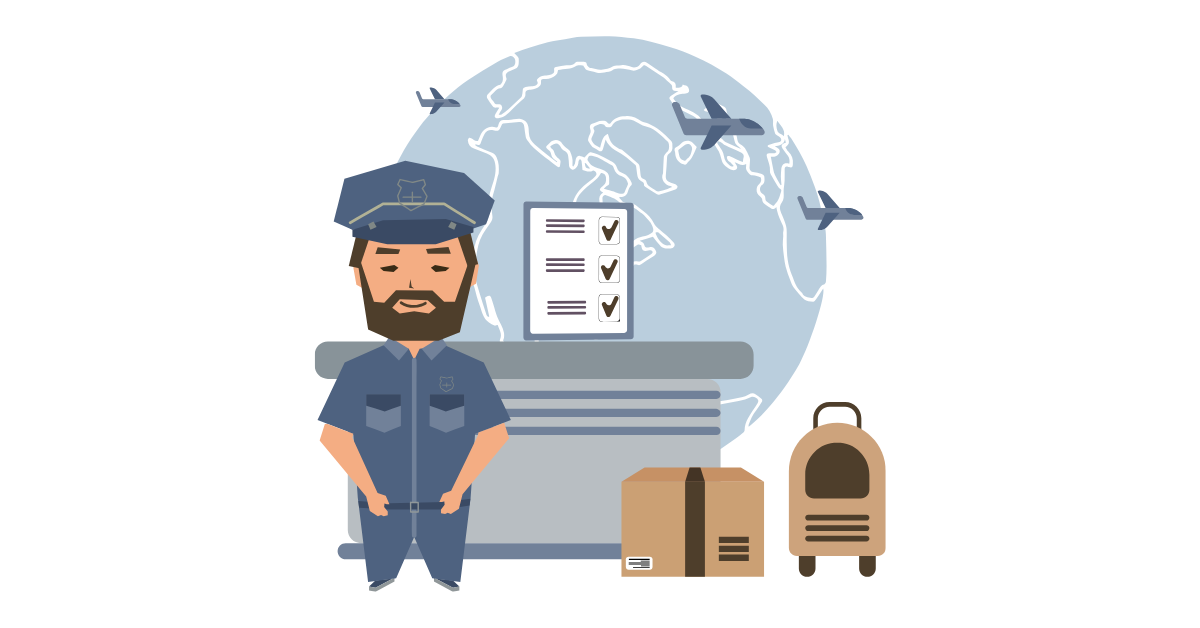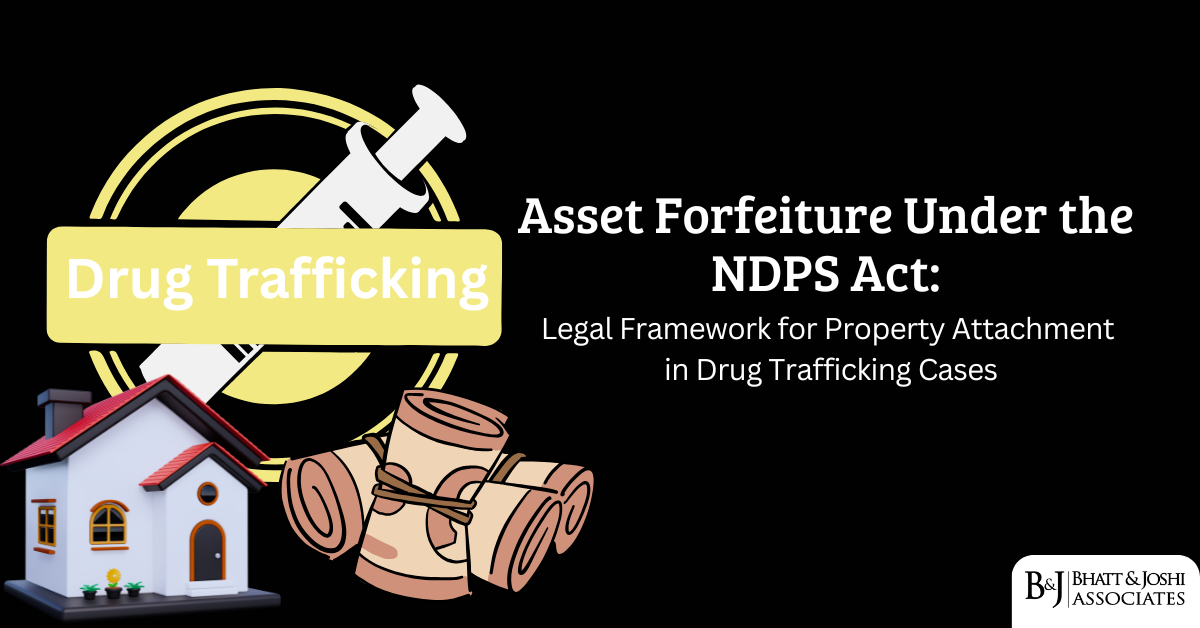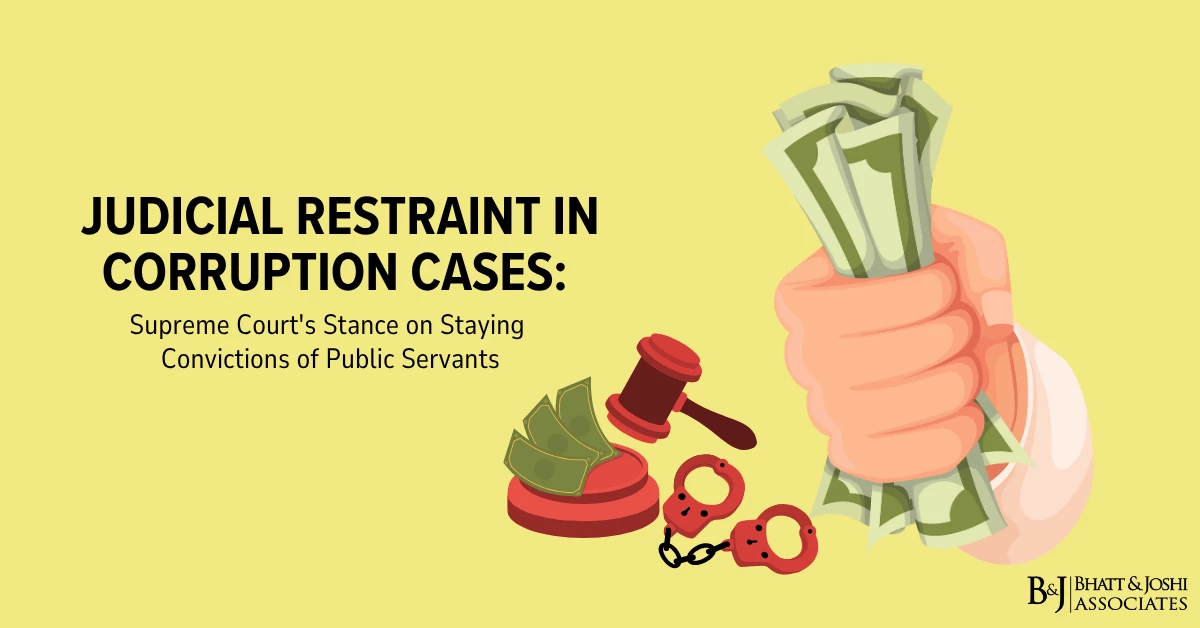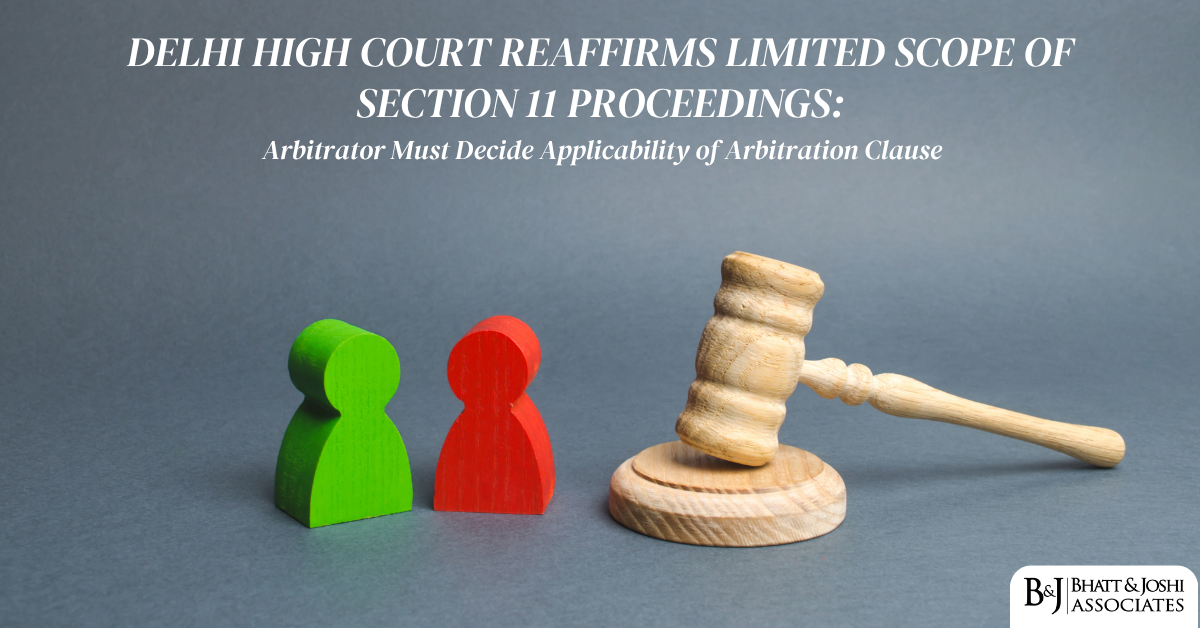Introduction
The customs administration in India operates under a robust legal framework that empowers officers with extensive enforcement capabilities to ensure compliance with customs laws and prevent violations. The primary source of these powers emanates from the Customs Act, 1962, which serves as the cornerstone legislation governing customs operations in India. This comprehensive statute, along with allied legislation, creates a sophisticated enforcement mechanism designed to protect national economic interests, prevent smuggling, and ensure proper collection of customs duties. The enforcement powers of customs officers represent a critical component of India’s trade regulation system. These powers have evolved significantly since the enactment of the Customs Act in 1962, adapting to changing trade patterns, technological advancements, and emerging challenges in international commerce. The officers derive their authority not only from the primary customs legislation but also from various allied statutes that address specific aspects of trade regulation and national security. Understanding the scope and limitations of these enforcement powers is essential for legal practitioners, trade professionals, and customs officers themselves. The powers are designed to strike a balance between effective enforcement and protection of individual rights, operating within the broader framework of constitutional principles and procedural safeguards.

Legal Framework Governing Customs Officers
Primary Legislation
The Customs Act, 1962, stands as the principal statute governing customs operations in India. This Act was enacted to consolidate and amend the law relating to customs duties and to provide for matters connected therewith or incidental thereto. The Act comprises 162 sections divided into various chapters, each addressing specific aspects of customs administration and enforcement.
Section 3 of the Act provides for different classes of customs officers, establishing a hierarchical structure within the customs department. The classification system ensures proper delegation of powers and maintains administrative efficiency. The Act recognizes various categories of officers, including Chief Commissioner of Customs, Commissioner of Customs, Additional Commissioner, Joint Commissioner, Deputy Commissioner, Assistant Commissioner, and other subordinate officers as may be appointed by the Central Board of Indirect Taxes and Customs.
Section 4 empowers the Board to appoint such persons as it deems fit to be officers of customs. This provision grants the administrative authority necessary flexibility in human resource management while ensuring that only qualified individuals are entrusted with enforcement responsibilities. The appointment process typically involves competitive examinations and training programs to ensure officers possess the requisite knowledge and skills.
Section 5 of the Act delineates the general powers of customs officers, subject to conditions and limitations imposed by the Board. This section establishes the fundamental principle that customs officers can exercise only those powers that are specifically conferred upon them by law, ensuring that their actions remain within legal boundaries.
Allied Legislation
Customs officers derive additional powers from various allied statutes that complement the primary customs legislation. The Narcotic Drugs and Psychotropic Substances Act, 1985 (NDPS Act), empowers customs officers to take action against drug trafficking and related offenses. This integration of enforcement powers across different statutes reflects the interconnected nature of various forms of illegal trade and the need for coordinated enforcement efforts.
The Prevention of Illicit Traffic in Narcotic Drugs and Psychotropic Substances Act, 1988 (PITNDPS Act), further extends the enforcement capabilities of customs officers in combating drug trafficking. This Act provides for preventive detention of persons involved in illicit trafficking, and customs officers play a crucial role in its implementation.
The Chemical Weapons Convention Act, 2000, represents another important piece of allied legislation that grants specific powers to customs officers. This Act implements India’s obligations under the Chemical Weapons Convention and empowers customs officers to prevent the import, export, and transit of prohibited chemicals and related materials.
Specific Enforcement Powers of Customs Officers Under the Customs Act
Power of Search and Examination
The power of search constitutes one of the most significant enforcement tools available to customs officers. Section 100 of the Customs Act empowers any officer of customs to search any person who has landed from, or is about to depart by, a vessel or aircraft, if such officer has reason to believe that such person has secreted about his person any goods liable to confiscation under the Act.
This power extends beyond personal searches to include the examination of goods, baggage, and conveyances. The Act provides detailed procedures for conducting searches, ensuring that they are carried out in a manner that respects individual dignity while serving the enforcement objectives. The search power is not unlimited but is circumscribed by reasonable grounds for suspicion and must be exercised in accordance with established procedures.
Section 102 specifically deals with the power to search suspected persons. When any officer of customs has reason to believe that any person has secreted goods liable to confiscation, he may search such person. However, this power comes with important safeguards, including the requirement that searches of women be conducted only by women officers and that searches be conducted with due regard to the dignity of the person being searched.
The power to examine goods is provided under Section 99 of the Act. This section enables customs officers to examine any goods to satisfy themselves that the goods are not liable to confiscation and that the proper duty has been paid. The examination power is essential for ensuring compliance with customs laws and preventing the entry or exit of prohibited or restricted goods.
Power of X-ray Examination
Modern customs enforcement has embraced technological solutions to enhance the effectiveness of search procedures. The power to conduct X-ray examinations of persons represents a significant advancement in non-intrusive search methods. Section 103 of the Customs Act provides for X-ray examination of persons when there are reasonable grounds to believe that they have secreted goods within their body.
This power must be exercised with extreme caution and is subject to strict procedural safeguards. The X-ray examination can only be conducted with the consent of the person or on the order of a Magistrate. The procedure must be conducted by qualified medical personnel in proper medical facilities, ensuring the safety and dignity of the individual.
The introduction of this power reflects the evolving nature of smuggling methods and the need for customs enforcement to adapt to new challenges. However, the potential for abuse of this power has led to the establishment of comprehensive guidelines governing its exercise, including mandatory medical supervision and documentation requirements.
Power of Summons
Section 108 of the Customs Act grants customs officers the power to summon any person to give evidence or produce documents. This provision states that any officer of customs empowered in this behalf by general or special order of the Commissioner of Customs may summon any person whose attendance he considers necessary either to give evidence or to produce a document or any other thing in any inquiry which such officer is making in respect of any matter relevant to any proceeding under this Act.
The power of summons is crucial for evidence gathering and fact-finding in customs proceedings. Every person so summoned is bound to attend either in person or through an authorized agent and is required to state the truth upon any subject respecting which he is examined. The person is also obligated to produce such documents and other things as may be required.
This power operates similarly to the summons power available to courts but is specifically tailored to customs enforcement needs. The summoned person has the same privileges and obligations as a witness appearing before a court, including protection against self-incrimination in certain circumstances.
The scope of the summons power extends to both documentary evidence and oral testimony. Officers can require the production of books, papers, documents, and other records that may be relevant to customs proceedings. This comprehensive evidence-gathering power is essential for building strong cases against customs violations.
Customs Officers’ Power of Arrest
The power of arrest represents one of the most serious enforcement tools available to customs officers. Section 104 of the Customs Act empowers any officer of customs to arrest any person if such officer has reason to believe that such person has been guilty of an offense punishable under Section 135 of the Act.
The offenses covered under Section 135 include various forms of customs violations, such as evasion of duty, smuggling, and attempts to export or import prohibited goods. The arrest power is not automatic but requires reasonable grounds for belief that an offense has been committed.
Once a person is arrested under this provision, he must be produced before a Magistrate within twenty-four hours of arrest, excluding the time necessary for the journey to the Magistrate’s court. This safeguard ensures that the arrest power is not misused and that arrested persons receive prompt judicial oversight.
The arrested person may be released on bail by the customs officer if the offense is bailable, or by the Magistrate in appropriate cases. The Act also provides for the grant of bail in non-bailable offenses, subject to certain conditions and the discretion of the judicial authority.
Power to Obtain Search Warrants
While customs officers possess significant search powers that can be exercised without warrants in many circumstances, the Act also provides for obtaining search warrants from judicial authorities. Section 105 empowers customs officers to obtain search warrants from Magistrates when there are reasonable grounds for suspecting that any goods liable to confiscation are secreted in any place.
The search warrant procedure provides an additional layer of judicial oversight and is particularly useful in cases involving searches of private premises where the immediate search powers of customs officers may not be sufficient. The warrant must specify the place to be searched and the nature of goods suspected to be concealed.
The warrant-based search power complements the other search powers available to customs officers and ensures that enforcement actions are conducted within appropriate legal boundaries. The requirement of judicial authorization for certain types of searches reflects the balance between enforcement needs and individual rights.
Evidentiary Value of Statements Recorded by Customs Officers
Legal Status of Customs Statements
The statements recorded by customs officers during the course of their investigations possess significant evidentiary value in subsequent proceedings. Unlike statements recorded under Section 161 of the Criminal Procedure Code, which are generally not admissible as substantive evidence, statements recorded under Section 108 of the Customs Act can be used as material evidence in customs proceedings.
This distinction is crucial for understanding the enforcement effectiveness of customs officers. The ability to use recorded statements as substantive evidence enhances the investigative capabilities of customs authorities and strengthens their ability to establish violations and secure appropriate penalties.
The evidentiary value of these statements stems from the specific statutory framework governing customs proceedings, which differs from general criminal procedure. The Customs Act creates a specialized enforcement regime that recognizes the unique nature of customs violations and the need for effective evidence-gathering mechanisms.
Judicial Interpretation and Precedents
The Supreme Court of India has provided important guidance on the evidentiary value of statements recorded by customs officers. In the landmark case of Naresh J. Sukhawani v. Union of India, the Supreme Court clarified that statements made before customs officials are not statements recorded under Section 161 of the Criminal Procedure Code, 1973, but constitute material pieces of evidence collected by customs officials under Section 108 of the Customs Act.
The Court held that such material can incriminate a person and establish complicity in contraventions of customs laws. The statement can be used as substantive evidence connecting the person with customs violations, provided it meets the requirements of reliability and relevance. This judicial pronouncement significantly strengthened the enforcement capabilities of customs officers by confirming the admissibility of recorded statements.
The Court emphasized that the statement must clearly inculpate the person in the contravention of customs provisions to be used as substantive evidence. The quality and content of the statement, rather than merely its existence, determine its evidentiary value in proceedings.
In Commissioner of Customs v. Ghanshyam Gupta, the Patna High Court Division Bench reaffirmed the legal position that statements recorded under the scheme of the Customs Act are admissible evidence in terms of Section 108. This consistent judicial interpretation has provided clarity and certainty to customs enforcement practices.
Standard of Proof in Customs Proceedings
The Supreme Court has also addressed the standard of proof required in customs proceedings, recognizing that it differs from the standard applied in criminal cases. In Collector of Customs v. D. Bhoormull, the Supreme Court held that the customs department is not required to prove its case with mathematical precision.
The Court established that all that is required is that the occurrence and complicity of an individual should be established to such a degree of probability that a prudent person may, on its basis, believe in the existence of the fact at issue. This standard recognizes the practical challenges faced by customs authorities in establishing violations while ensuring that enforcement actions are based on credible evidence.
This pragmatic approach to the standard of proof reflects the understanding that customs violations often involve complex schemes and may not leave direct evidence. The preponderance of probabilities standard allows customs authorities to take effective action while maintaining appropriate safeguards against arbitrary enforcement.
Procedural Safeguards and Limitations
Constitutional Constraints
While the enforcement powers of customs officers are extensive and critical to regulating cross-border trade, these powers are subject to important constitutional limitations. The fundamental rights guaranteed under the Constitution of India, particularly those relating to personal liberty, equality before law, and protection against arbitrary state action, apply to customs enforcement activities.
Article 21 of the Constitution, which guarantees the right to life and personal liberty, has been interpreted by the Supreme Court to include protection against arbitrary detention and the right to due process. These constitutional principles impose important constraints on the exercise of customs enforcement powers and require that all enforcement actions comply with established procedures.
The right to legal representation, the right against self-incrimination, and the right to be informed of the grounds of arrest are among the constitutional safeguards that apply to customs proceedings. These rights ensure that enforcement actions are conducted in a manner consistent with constitutional principles and democratic values.
Procedural Requirements
The Customs Act itself contains numerous procedural safeguards designed to prevent abuse of enforcement powers. These include requirements for proper documentation of enforcement actions, time limits for various procedures, and mandatory reporting obligations.
For instance, when conducting searches, customs officers must follow prescribed procedures, maintain proper records, and provide appropriate receipts for seized goods. The Act also provides for supervisory mechanisms to ensure that enforcement powers of customs officers are exercised appropriately and within legal boundaries.
The requirement for judicial oversight in certain enforcement actions, such as the production of arrested persons before magistrates and the obtaining of search warrants, provides additional safeguards against potential abuse of power.
Rights of Affected Persons
Persons subject to customs enforcement actions retain important rights throughout the process. These include the right to legal representation, the right to be informed of the charges, and the right to present their case before appropriate authorities.
The Act provides for appeal mechanisms that allow affected persons to challenge enforcement actions and seek redress for any violations of their rights. These appellate procedures ensure that enforcement actions are subject to independent review and that errors can be corrected.
Allied Laws and Cross-Empowerment
Integration with Other Enforcement Agencies
The customs enforcement framework operates in coordination with various other law enforcement agencies. The integration of enforcement powers across different statutes enables comprehensive action against complex violations that may involve multiple legal frameworks.
For example, cases involving drug trafficking may simultaneously involve violations of customs laws, the NDPS Act, and other relevant statutes. The cross-empowerment of officers from different agencies facilitates coordinated enforcement action and ensures that violators cannot escape liability by exploiting jurisdictional gaps.
Specialized Enforcement Areas
Certain areas of customs enforcement require specialized knowledge and coordination with technical agencies. The enforcement of chemical weapons prohibitions, for instance, requires coordination with scientific institutions and international organizations to ensure effective implementation of treaty obligations.
Similarly, enforcement actions related to endangered species protection involve coordination with wildlife authorities and environmental agencies. This multi-agency approach reflects the complex nature of modern trade regulation and the need for comprehensive enforcement strategies.
Modern Challenges, Technology, and International Cooperation in Customs Enforcement
Digital Evidence and Cyber Customs
The digitization of trade processes and the increasing use of electronic documentation have created new challenges and opportunities for customs enforcement. Officers must now be equipped to handle digital evidence, electronic records, and cyber-related violations.
The integration of technology in customs procedures has also enhanced enforcement capabilities through automated risk assessment systems, electronic surveillance, and data analytics. These technological tools enable more targeted and effective enforcement while reducing the burden on legitimate trade.
International Cooperation
Modern customs enforcement increasingly requires international cooperation and coordination. The global nature of trade and the sophisticated methods employed by violators necessitate cross-border collaboration between customs authorities.
India participates in various international customs cooperation mechanisms, including information sharing arrangements, joint operations, and mutual assistance agreements. These international frameworks enhance the effectiveness of domestic enforcement efforts and help address transnational customs violations.
Training and Capacity Building
Professional Development Requirements
The effective exercise of enforcement powers requires comprehensive training and ongoing professional development for customs officers. The complexity of modern trade, evolving legal frameworks, and technological advancements necessitate continuous learning and skill upgradation.
Training programs cover legal knowledge, investigation techniques, technology usage, and ethical considerations. Officers must be equipped not only with technical knowledge but also with the understanding of procedural safeguards and human rights principles.
Quality Assurance Mechanisms
The customs administration has established quality assurance mechanisms to ensure that enforcement powers are exercised competently and ethically. These include supervision systems, performance monitoring, and accountability mechanisms.
Regular audits and reviews of enforcement actions help identify areas for improvement and ensure compliance with established standards and procedures. These quality assurance measures are essential for maintaining public confidence in customs enforcement and ensuring effective protection of trade interests.
Conclusion
The enforcement powers of customs officers under Indian law represent a comprehensive framework designed to protect national economic interests while respecting individual rights and constitutional principles. The powers derived from the Customs Act, 1962, and allied legislation provide officers with the necessary tools to combat customs violations effectively.
The judicial interpretation of these powers, particularly regarding the evidentiary value of statements recorded by customs officers and the standard of proof required in customs proceedings, has strengthened the enforcement framework while maintaining appropriate safeguards. The cases of Naresh J. Sukhawani v. Union of India and Collector of Customs v. D. Bhoormull have provided important guidance that continues to shape customs enforcement practices.
However, the exercise of these powers must always be balanced against constitutional requirements and procedural safeguards. The rights of individuals subject to customs enforcement actions must be respected, and officers must operate within the boundaries established by law and constitutional principles.
The evolution of customs enforcement continues as new challenges emerge in international trade and technology. The framework must adapt to address these challenges while maintaining its core principles of effectiveness, fairness, and respect for individual rights. Ongoing training, capacity building, and international cooperation remain essential elements in ensuring that customs enforcement powers serve their intended purpose of protecting national interests while facilitating legitimate trade.
The comprehensive nature of customs enforcement powers reflects the important role that customs administration plays in national security, economic protection, and trade facilitation. As global trade continues to evolve, the enforcement framework must continue to adapt while maintaining its commitment to the rule of law and constitutional governance.
References
- The Customs Act, 1962 (Act No. 52 of 1962)
- Naresh J. Sukhawani v. Union of India, AIR 1996 SC 522
- Collector of Customs v. D. Bhoormull, Supreme Court of India
- Commissioner of Customs v. Ghanshyam Gupta, Patna High Court
- The Narcotic Drugs and Psychotropic Substances Act, 1985
- The Prevention of Illicit Traffic in Narcotic Drugs and Psychotropic Substances Act, 1988
- The Chemical Weapons Convention Act, 2000
- Central Board of Indirect Taxes and Customs Guidelines and Circulars
- Constitution of India, Articles 14, 19, 21
- The Criminal Procedure Code, 1973
Download Full Judgments (PDF)
- https://bhattandjoshiassociates.s3.ap-south-1.amazonaws.com/judgements/the_customs_act,_1962 (1).pdf
- https://bhattandjoshiassociates.s3.ap-south-1.amazonaws.com/judgements/Collector_Of_Customs_Madras_And_Ors_vs_D_Bhoormul_on_3_April_1974.PDF
- https://bhattandjoshiassociates.s3.ap-south-1.amazonaws.com/judgements/Commissioner_Of_Customs_Patna_vs_Ghanshyam_Prasad_Gupta_on_9_March_2010.PDF
- https://bhattandjoshiassociates.s3.ap-south-1.amazonaws.com/judgements/narcotic-drugs-and-psychotropic-substances-act-1985.pdf
- https://bhattandjoshiassociates.s3.ap-south-1.amazonaws.com/judgements/PITNDPS_Act.pdf
- https://bhattandjoshiassociates.s3.ap-south-1.amazonaws.com/judgements/a2000__34.pdf
Authorized by Vishal Davda













